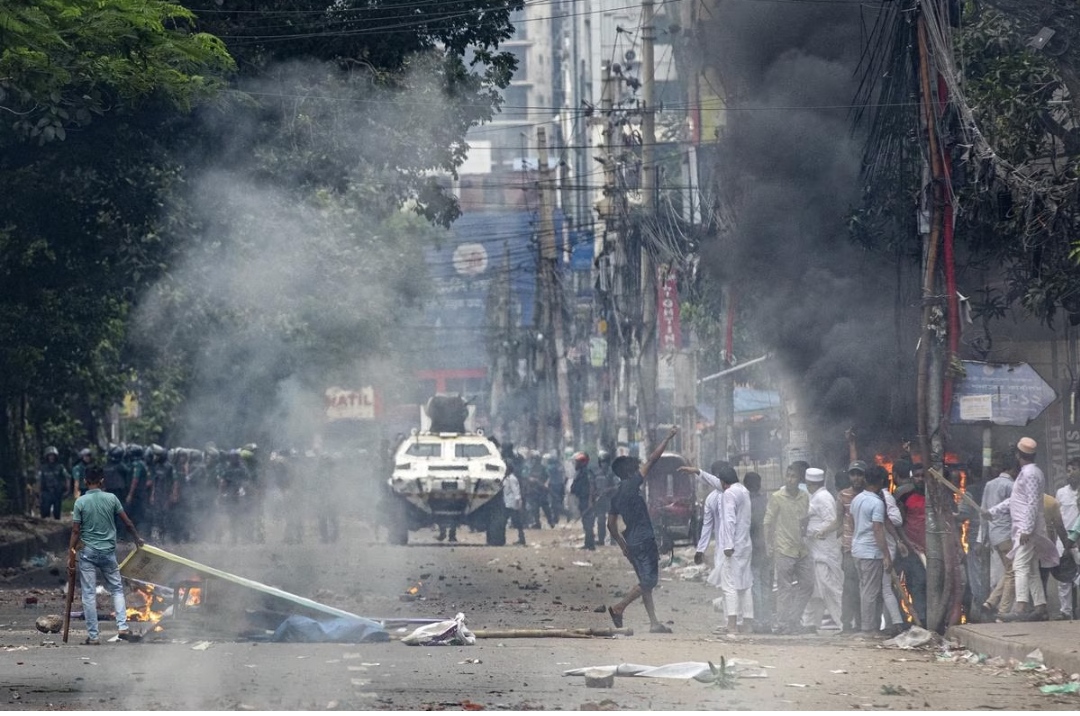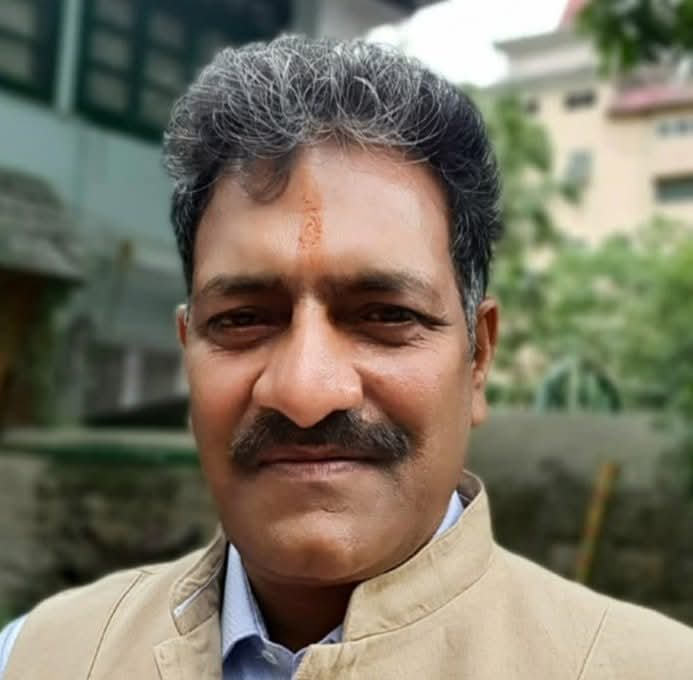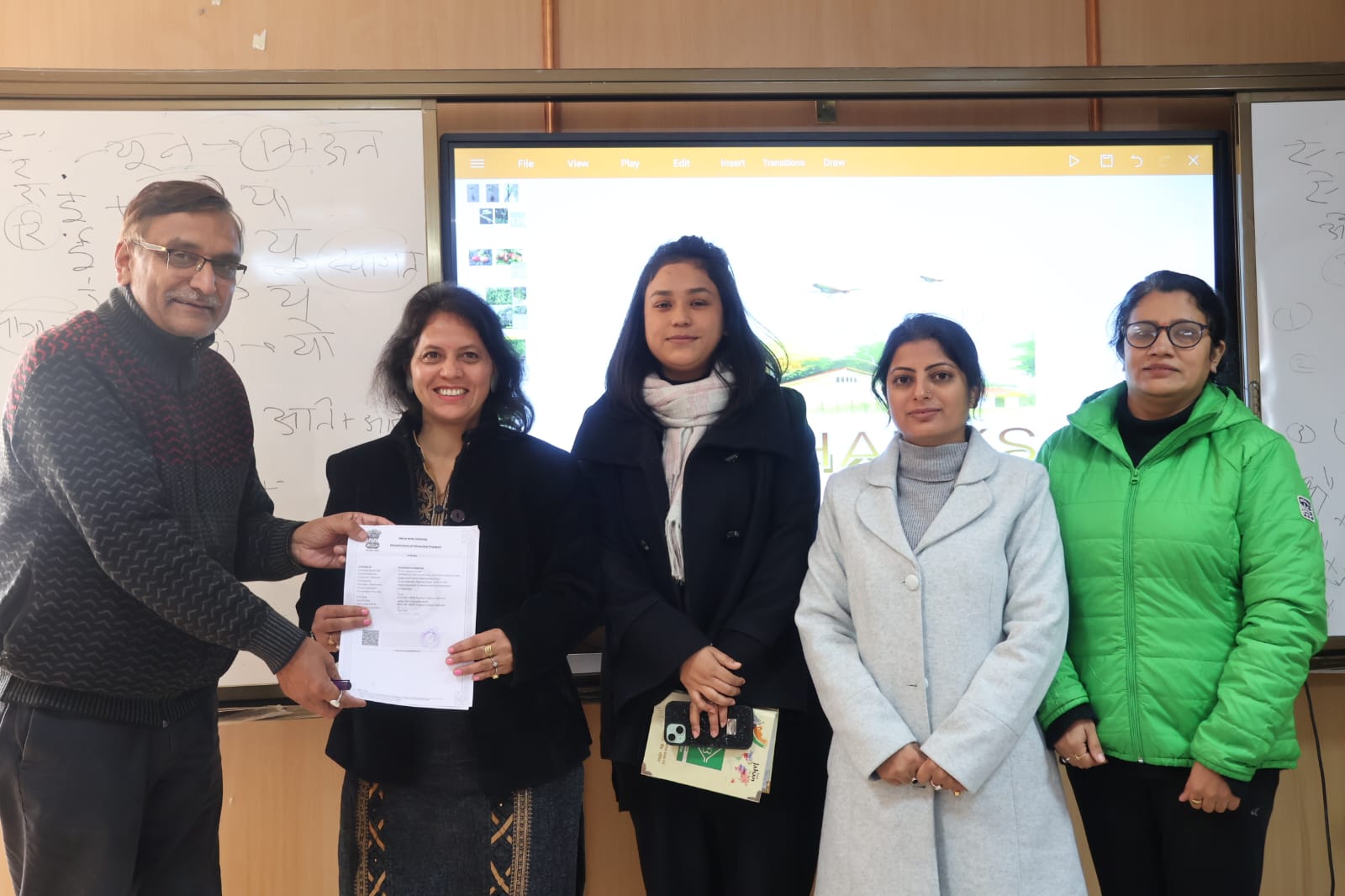Bangladesh Supreme Court Modifies Controversial Job Quotas Amid Ongoing Unrest.
Dhaka:
Bangladesh’s Supreme Court has intervened in a contentious issue surrounding civil service job quotas, amidst escalating nationwide unrest. The court’s decision, announced on July 21, significantly scales back the previously established hiring rules that reserved more than half of government positions for specific groups. This move follows weeks of widespread protests by university students, originally triggered by objections to what they perceived as politicized admission quotas for coveted government jobs.
The court ruling reduces the percentage of reserved government jobs from 56% to 7%, with allocations now specifically earmarked for children of freedom fighters from Bangladesh’s 1971 liberation war, tribal communities, and individuals with disabilities or identifying as third gender. The remaining 93% of positions will be filled based on merit, a decision aimed at addressing the grievances expressed by protesting students.
Despite the court’s attempt to appease demonstrators, the verdict has not fully satisfied their demands. Student leaders have maintained their calls for complete abolition of certain categories, including quotas benefiting loyalists to Prime Minister Sheikh Hasina’s ruling Awami League. They have pledged to continue their protests until the government implements orders reflecting their expectations.
The unrest, which has led to at least 151 deaths nationwide, underscores deep-seated frustrations among Bangladesh’s youth, exacerbated by an acute jobs crisis affecting millions. Prime Minister Hasina’s government has faced accusations of using state institutions to suppress dissent, prompting international concern and cautionary advisories from foreign governments.
In response to the ongoing violence, authorities have extended a nationwide curfew and intensified security measures, including the deployment of soldiers in urban centers. The situation remains fluid, with concerns over further escalation persisting amidst continuing demonstrations and acts of vandalism targeting government properties.
The United States, through its State Department, has issued travel advisories, warning against visits to Bangladesh due to the prevailing civil unrest. Diplomatic efforts are underway to ensure the safety of foreign nationals amidst the volatile situation.
The Supreme Court’s intervention, though a significant step towards reform, leaves unresolved tensions that continue to challenge Bangladesh’s political stability and governance.




